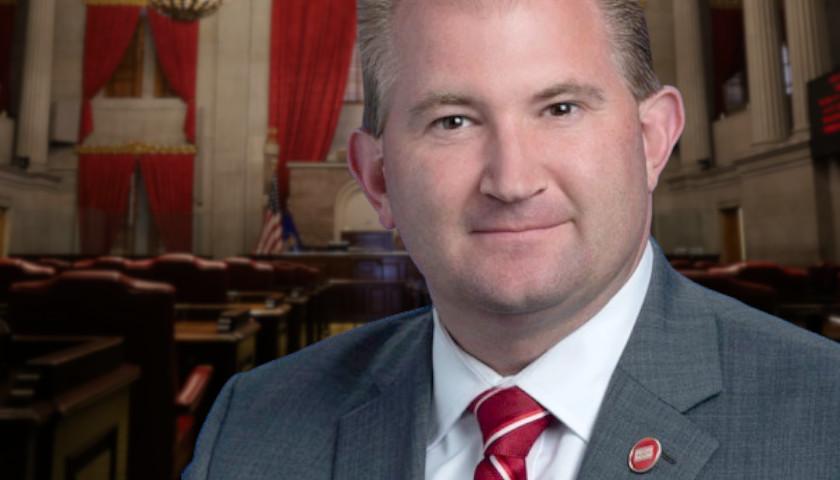Response to Instruction and Intervention (RTI2) can help schools identify students at risk for poor learning outcomes, monitor their progress, and provide interventions when students first exhibit signs of learning problems. This program meant to save struggling students from falling through the cracks of the education system, has been in place for some time. Unfortunately however, no state money came with the mandate to implement the program.
This lack of funding for RTI2 has contributed to the necessity in some Tennessee schools of reallocating funding from classroom teaching positions to hire full-time interventionists. Some districts are using their general education teachers, who are already stretched thin, and others are using computer programs. Therefore, in some districts RTI2 may be doing more harm than good.
Fast forward to legislative session 2018, one of the most critical pieces of legislation the Tennessee General Assembly is likely to address is Senate Bill 481/House Bill 501 by Senator Jim Tracy and Representative Joe Pitts. This legislation is designed to add funding for RTI2 positions to the BEP calculation. This is much needed by schools and local school districts.
School districts continue to struggle to adequately staff RTI2 positions. Professional Educators of Tennessee strongly supports the urgent need for adding RTI2 to the BEP funding formula for full funding of the RTI2 program. We believe the legislation is greatly needed as we continue to hear from our members, schools, and districts. Dedicating funding for RTI2 will allow school districts to successfully implement this program and provide necessary interventions for students.
When the state issues mandates, it should be their obligation to fund such effort. A September 2016 report identified key ingredients to successful implementation of RTI2 include: 1) building strong teams with specialized role-players who are well equipped to support student success, and; 2) Using resources to create staggered, grade-level intervention periods and allocate additional space for small group work. This only occurs when the BEP funding formula includes additional RTI2 monies.
State mandates must include funding, and if districts use their own resources then they should be free to create their own program, modify the RTI2 program or discontinue it all together. The question legislators must answer: Does the RTI2 program work? If the answer is yes the program is working, then the state should indeed fully fund it. If the answer is no, then that message will also be sent by the Tennessee General Assembly. We believe if fully funded, RTI2 can increase student outcomes for students that are most at-risk.
– – –
JC Bowman is the Executive Director of Professional Educators of Tennessee and Karen Stroud is the Director of Membership for Professional Educators of Tennessee. Professional Educators of Tennessee, a non-partisan teacher association headquartered in Nashville, Tennessee. Permission to reprint in whole or in part is hereby granted, provided that the author and the association are properly cited.






This just sounds like another feel good move by the legislature. The best thing that could happen is that the RTI2 program be sent to the trash heap of bad ideas.
“if districts use their own resources then they should be free to create their own program, modify the RTI2 program or discontinue it all together.”
Yes, and the same is true of all the federally-controlled curriculum, “state” standards, testing, testing and more testing, sales of student information, Title-this-and-title-that program requirements and paperwork. Just say no to Uncle Sugar and get your liberty back.